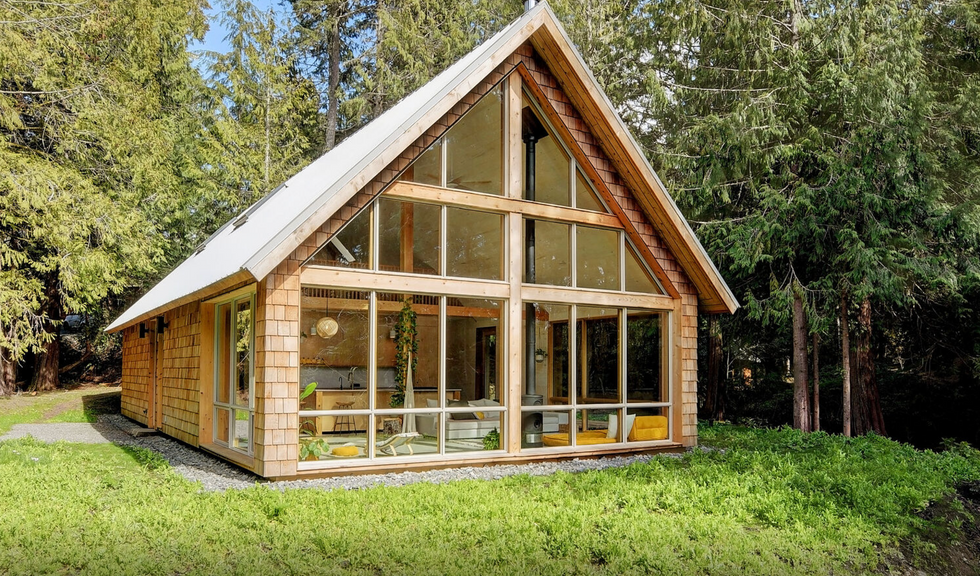Water Conservation Solutions for a Greener Home
Water scarcity has emerged as one of the defining environmental challenges of the 21st century. Homeowners increasingly recognize the urgent need to implement strategies that reduce water consumption without compromising comfort or lifestyle. By integrating water conservation solutions into daily routines and structural design, households can contribute significantly to environmental sustainability while enjoying long-term cost savings.
Table of Contents
ToggleUnderstanding Water Usage in Modern Homes
Water flows invisibly through numerous facets of our lives, from morning showers to watering gardens, flushing toilets, and washing clothes. Studies indicate that the average household consumes hundreds of gallons daily, often inefficiently. Addressing this inefficiency requires a meticulous examination of domestic habits and the infrastructure that supports them. Identifying high-consumption areas, such as outdated fixtures or leaky pipelines, serves as the foundation for effective water management.
Innovative Plumbing Upgrades
One of the most impactful strategies for reducing water consumption is updating plumbing systems. Installing low-flow faucets, showerheads, and dual-flush toilets minimizes water use without diminishing performance. Tankless water heaters offer the dual advantage of energy efficiency and reduced wastage by supplying hot water on demand. Furthermore, pressure-regulating valves can prevent overconsumption in homes with high water pressure, ensuring that every drop is utilized efficiently.
Rainwater Harvesting Systems
Harnessing precipitation provides an abundant, renewable source of water for non-potable applications. Rainwater harvesting systems collect and store rainfall for irrigation, cleaning, and even toilet flushing. These systems reduce dependence on municipal supplies and alleviate strain on local water infrastructure. Incorporating filtration and treatment ensures that harvested water remains safe and suitable for household use.
Greywater Recycling Techniques
Another transformative approach involves reusing lightly used water from sinks, showers, and laundry—commonly referred to as greywater. Specialized plumbing systems can redirect this water to nourish gardens, flush toilets, or supply cooling systems. Greywater recycling not only decreases freshwater demand but also reduces the volume of wastewater entering municipal treatment facilities. Implementing these systems requires careful planning to prevent contamination and maintain hygiene standards.
Xeriscaping and Sustainable Landscaping
Landscaping contributes significantly to residential water consumption. Traditional lawns demand substantial irrigation, particularly in arid regions. Xeriscaping offers a compelling alternative by utilizing drought-resistant plants, mulches, and soil amendments to retain moisture naturally. Strategic design, such as grouping plants by water needs and employing drip irrigation systems, ensures minimal wastage. Such landscaping approaches harmonize aesthetics with environmental responsibility.
Smart Water Monitoring Technology
Technological innovations now enable homeowners to track and manage water use with precision. Smart meters and leak detection sensors can identify anomalies and alert residents before minor issues escalate into major losses. Automated irrigation systems adjust watering schedules based on soil moisture levels, weather forecasts, and seasonal changes, ensuring that plants receive water efficiently. Data-driven water management empowers households to optimize consumption and reduce utility costs proactively.
Behavioral Adjustments and Daily Practices
Beyond infrastructure and technology, behavioral changes significantly impact water conservation. Simple practices—like turning off taps while brushing teeth, running dishwashers only when full, and taking shorter showers—accumulate substantial savings over time. Educating household members about water footprints encourages mindful usage and cultivates a culture of sustainability. Combining these habits with advanced systems creates a comprehensive approach to minimizing water waste.
Benefits of Comprehensive Water Management
Adopting a multi-faceted water conservation strategy offers tangible and intangible benefits. Reduced utility bills are an immediate incentive, while long-term environmental gains contribute to community resilience. Conserving water mitigates pressure on local aquifers, decreases energy consumption associated with pumping and treatment, and supports biodiversity. Homes that integrate these principles often enjoy increased property value, enhanced aesthetics, and improved public perception as environmentally responsible residences.
Planning for Future Sustainability
As climate patterns shift and urban populations grow, sustainable water management becomes increasingly critical. Homeowners can future-proof their properties by integrating conservation strategies into renovations, new construction, and routine maintenance. Leveraging government incentives, rebates, and certifications for green building practices further amplifies the impact of these measures. A proactive approach ensures that homes remain both comfortable and ecologically responsible for decades to come.
Implementing water conservation solutions is no longer optional for environmentally conscious homeowners; it is an imperative. By combining innovative plumbing, rainwater harvesting, greywater recycling, xeriscaping, smart monitoring, and conscientious daily habits, households can dramatically reduce water consumption. These practices foster sustainability, enhance property value, and safeguard natural resources for future generations. Ultimately, a greener home is not just an investment in personal well-being—it is a commitment to the planet.





